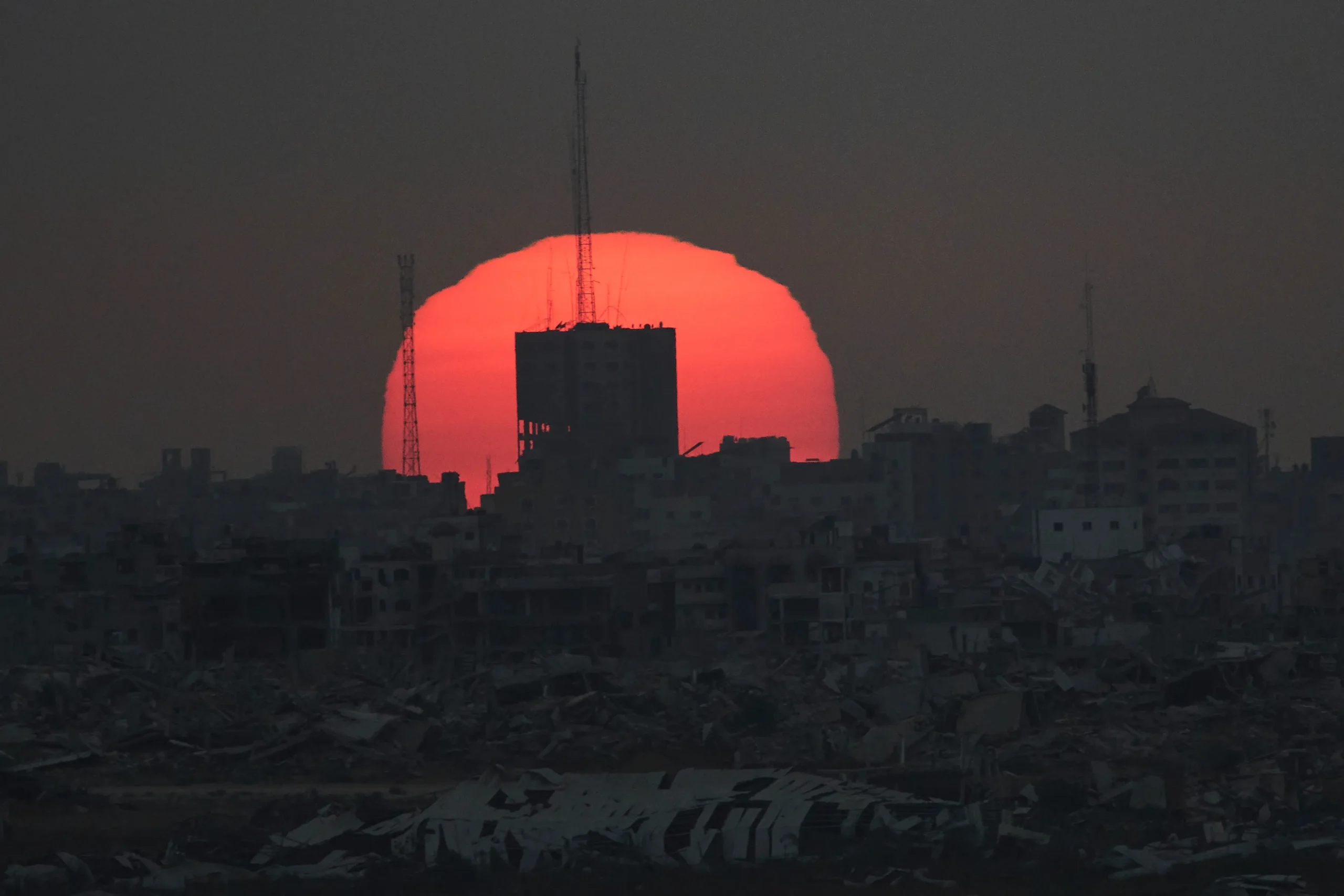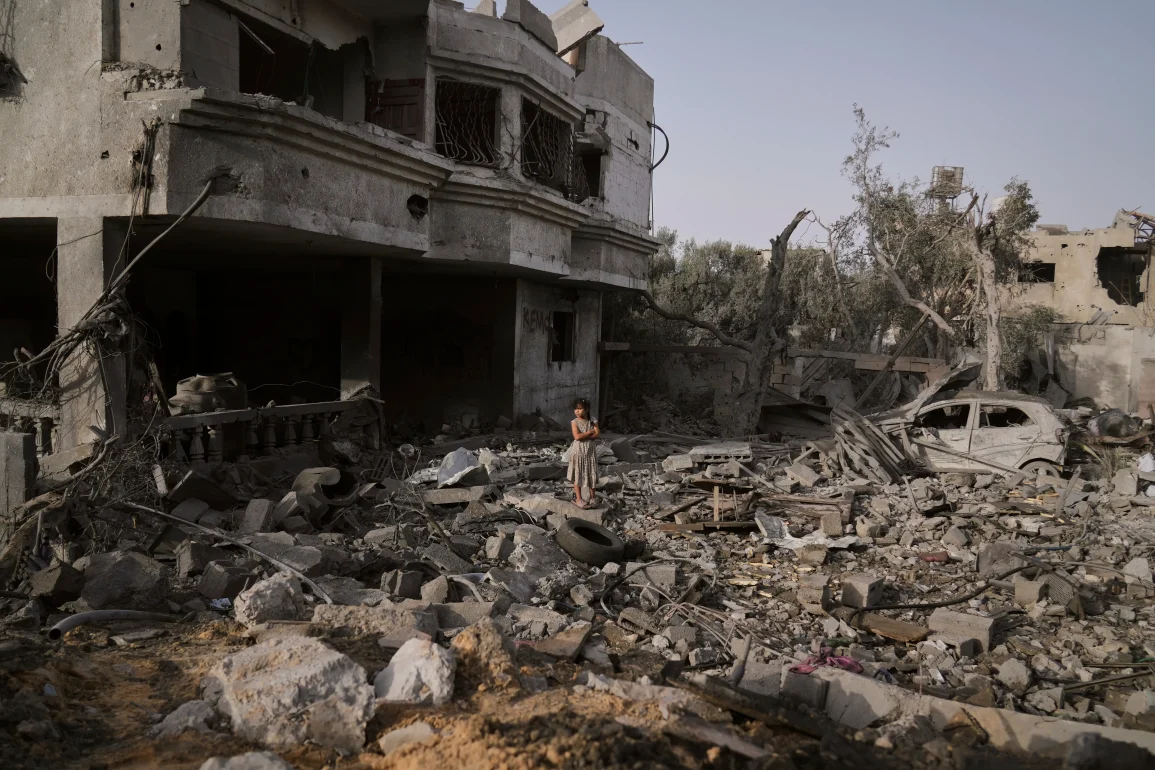US President Donald Trump announced that Israel has agreed to the “necessary conditions” to finalize a 60-day ceasefire in Gaza. While the specific conditions were not disclosed, Trump stated on Truth Social that the deal is intended to end the ongoing war. He emphasized the critical role of mediators, particularly Qatar and Egypt, in delivering the final proposal and urged Hamas to accept it, warning that no better offer would come.
Ceasefire Talks Intensify Amid Stalled Negotiations, Leadership Pressure, and Conflicting Demands Persist
As of now, Hamas has not confirmed whether it will accept the proposed ceasefire terms. Trump’s announcement precedes a high-level meeting with Israeli Prime Minister Benjamin Netanyahu scheduled for next week, where Trump stated he would take a “very firm” stance. He expressed confidence that Netanyahu wants to end the conflict and suggested that a deal could be reached soon.

Efforts to reach a ceasefire have intensified in recent weeks. A senior Hamas official recently told the BBC that mediators have increased pressure to broker a deal involving both a ceasefire and a hostage release. However, negotiations remain stalled. Israel maintains that the war can only end with the complete dismantling of Hamas, while Hamas demands a permanent ceasefire and full Israeli withdrawal from Gaza.
Ceasefire Talks Persist as Violence Escalates, Aid Access Blocked, Hostage Crisis Deepens
Despite talks of a ceasefire, violence on the ground continues. Israel has ordered evacuations in northern Gaza, and an Israeli airstrike recently killed at least 20 Palestinians at a beachfront café in Gaza City. In addition, the Israeli military has been scrutinized for reportedly harming civilians attempting to access aid provided by the Gaza Humanitarian Foundation (GHF), a controversial aid organization backed by Israel and the US. Over 170 humanitarian groups have called for the GHF’s shutdown, citing repeated instances of violence against aid-seekers — allegations Israel denies.
A previous ceasefire agreement, launched in January 2024, failed to progress beyond its first phase. That deal aimed to gradually end hostilities, exchange hostages and prisoners, and facilitate Israeli withdrawal. However, it collapsed in March after renewed Israeli strikes. Currently, around 50 Israeli hostages remain in Gaza, with at least 20 believed to be alive, adding urgency to renewed ceasefire efforts.


